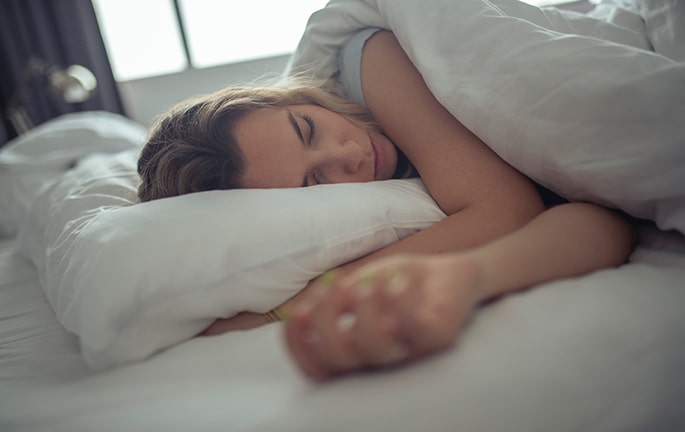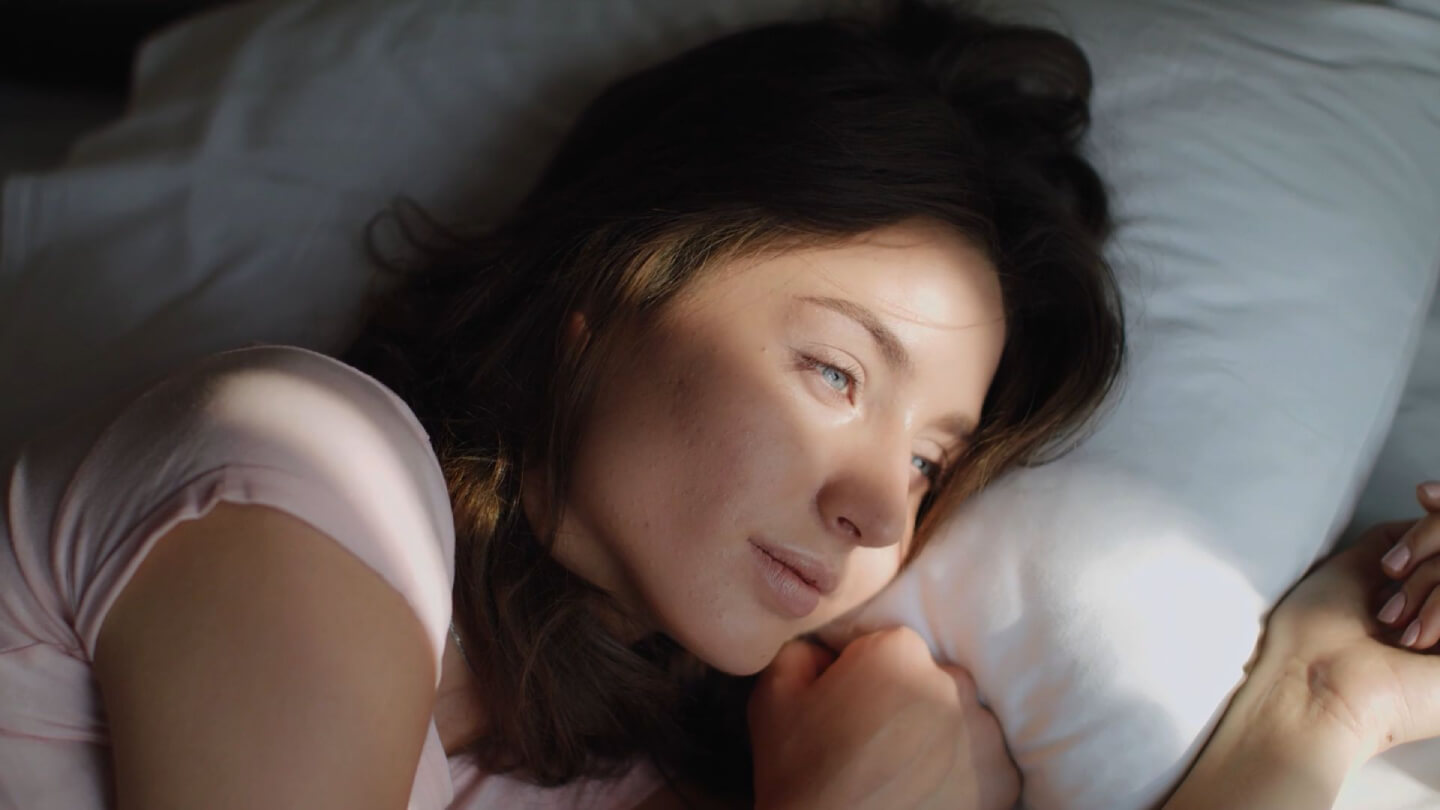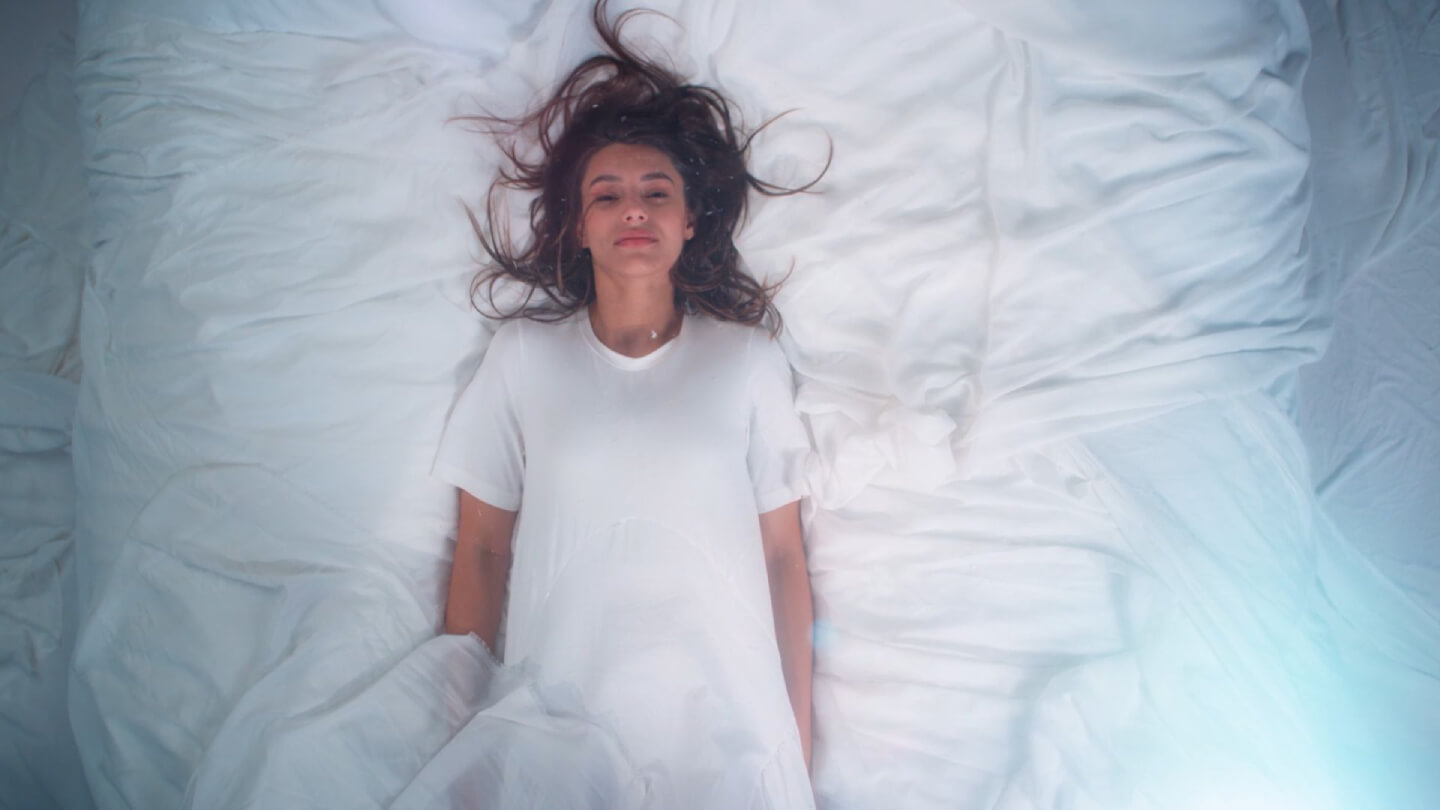Sleep Unit
Find answers to your questions about the sleep unit. We discuss the main conditions it treats, the symptoms they present, and the different procedures used to diagnose and address them. Request an appointment with a sleep disorder specialist at one of our hospitals.

What is the Sleep Unit?
Sleep medicine is a specialty focused on the research, diagnosis, and treatment of sleep disorders, and is part of the field of neurophysiology. Sleep disturbances affect both physical and mental health and can lead to the development of certain pathologies in individuals with added risk factors.
There are many circumstances that can cause disruptions in sleep, which is why sleep disorder specialists collaborate with experts in neurology, psychiatry, psychology, otolaryngology, cardiology, or pulmonology to reach the correct diagnosis.
What Does the Sleep Unit Study?
The sleep unit at Quirónsalud focuses on research into the origins of sleep disorders to detect the physical alterations that cause them and, in this way, apply the specific treatment for each case. Key areas of study include:
- Pulmonology: Facilitates the treatment of airway obstruction causing apneas, through the use of continuous positive airway pressure (CPAP) devices.
- Otolaryngology: Responsible for the surgical treatment of upper airway anomalies causing apneas or chronic snoring.
- Psychology and Psychiatry: Diagnose and treat mental issues that cause sleep difficulties, such as atypical depression, and address psychological disturbances caused by physical sleep deprivation.
- Neurology: Focuses on the detection and treatment of neurological conditions negatively affecting sleep, such as headaches, Parkinson's disease, dementia, or epilepsy.
Who is it for?
This unit treats patients who have difficulty falling asleep, or those who, despite sleeping a reasonable number of hours at night, do not rest adequately, suffer from frequent awakenings, or experience excessive daytime sleepiness, indicating that their sleep has not been restorative.
Techniques, Procedures, and Diagnostic Methods
Scientific advancements and collaboration between various medical specialties have significantly improved diagnostic methods and techniques for treating sleep disorders. Some of the key procedures performed in this unit include:
- Polysomnography: A sleep study test that records the patient's respiratory and heart rates, blood oxygen levels, and brain waves while they sleep. It helps detect disorders such as apneas, narcolepsy, or insomnia.
- Respiratory Polygraphy: A diagnostic method that records cardiac and respiratory variables during sleep, typically confirming obstructive sleep apnea-hypopnea syndrome.
- Continuous Positive Airway Pressure (CPAP): A machine that delivers air at a constant, gentle pressure through a mask worn over the nose during sleep to keep the airways open and prevent apneas.
- Bilevel Positive Airway Pressure (BIPAP): A device that provides air at two pressure levels, one for inhalation and one for exhalation, often used to treat apneas in patients with other respiratory conditions.
Diseases and symptoms
Main Pathologies and Conditions
The most commonly diagnosed and treated conditions in this unit include:
- Bruxism
- Obstructive Sleep Apnea Syndrome (OSAHS)
- Insomnia
- Narcolepsy
- Jet lag
- Restless Legs Syndrome
- Hypersomnias
- Sleepwalking
- Parasomnias
- Snoring
- Hypopnea
- Circadian Rhythm Disorders
Related Symptoms
The primary symptoms caused by conditions related to sleep disturbances include:
- Anxiety
- Fatigue
- Gasping
- Irritability
- Low mood
- Nighttime awakenings
- Excessive daytime sleepiness
- Difficulty concentrating
- Sleep attacks
- Difficulty falling asleep
- Sudden awakening
- Crying while asleep
About the Sleep Unit Consultation
We solve any doubts you may have before you see the specialist
Many people do not perceive disruptions in their sleep because they are used to them, or no one has alerted them to their existence. However, frequent awakenings during the night or waking up tired despite having slept for seven or eight hours is a red flag that should lead to a consultation with the sleep unit.
Additionally, snoring, excessive movement during sleep, or shortness of breath while sleeping are also reasons to request an appointment.
What Should You Consider?
During the first consultation, the specialist will take a medical history and discuss the symptoms noticed. After completing the anamnesis, they will conduct a physical examination and determine the most appropriate tests to help with the diagnosis.
What Should I Bring to the Consultation?
It is advisable to bring a list of the sleep disturbances noticed, any incidents that have occurred, and any history of respiratory, cardiac, or mental health conditions.
When attending a diagnostic test, you should bring pajamas for sleeping and maintain personal hygiene. However, avoid using gels, shampoos, or creams that could alter the results or interfere with the application of electrodes. Men should shave their beards before the test.

If you have any further questions, please contact us through the Patient Services telephone number: 900 301 013


































